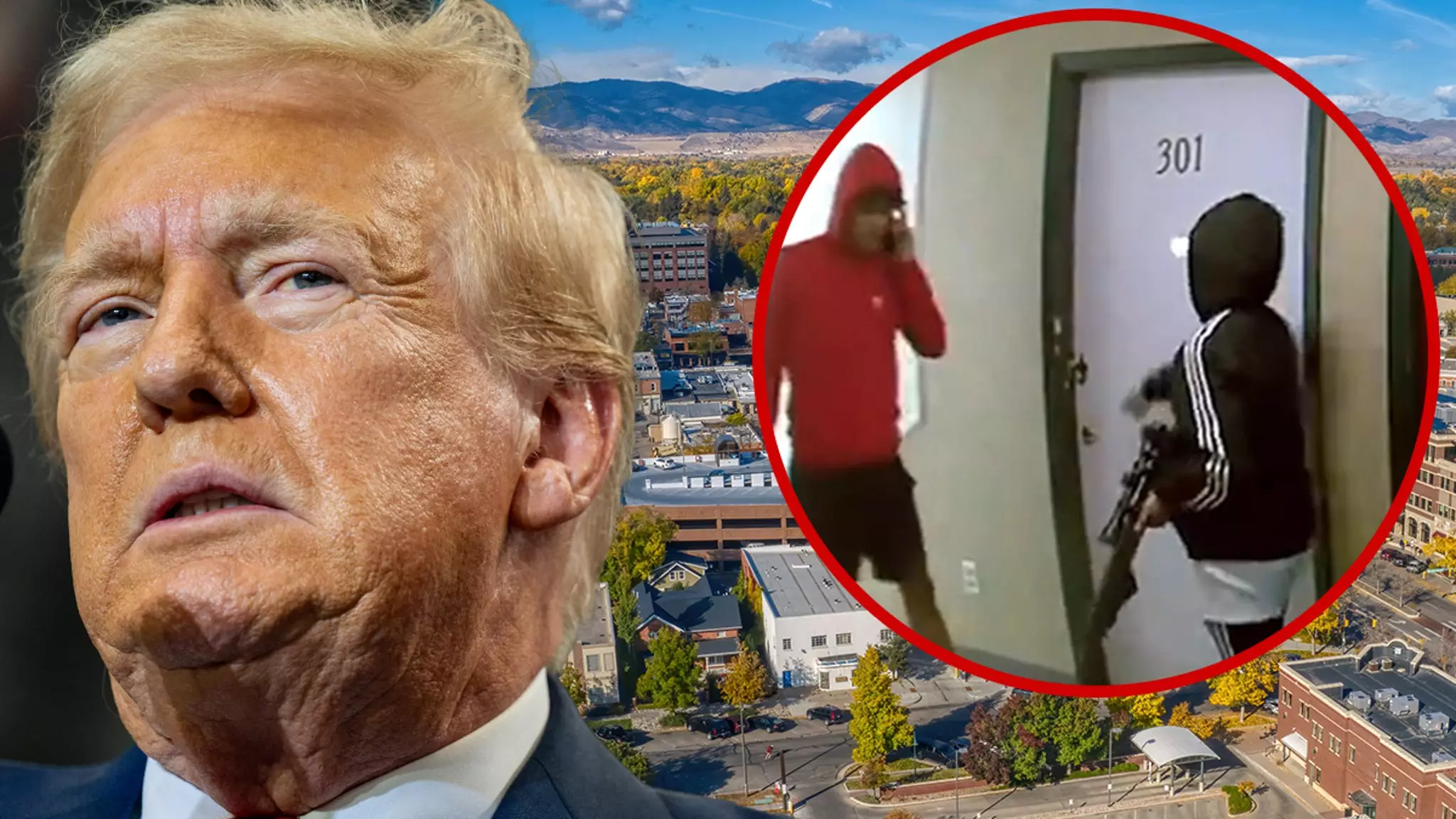Former President Donald Trump’s upcoming rally in Aurora, Colorado, has become a focal point of contention, sparking debate over the implications of his presence in the community. While proponents assert that Trump’s visit aims to highlight issues of crime associated with local gangs, critics fear it may incite further division, particularly towards undocumented immigrants. Councilwoman Danielle Jurinsky, who is closely associated with the local political landscape, has voiced her belief that Trump’s intentions are to shed light on the city’s struggles, rather than inflame tensions. This dichotomy of perception illustrates the complex relationship between political events and their reception within different segments of the community.
The assertions made by Councilwoman Jurinsky are compelling, yet they raise questions regarding the broader implications of such political gatherings. Aurora’s mayor, Mike Coffman, has publicly distanced the city from Trump’s characterization of it as a “war zone.” His non-participation in the rally and his support for Trump amidst concerns about the rally’s potential to rile up fears highlight the delicate balance elected officials must maintain. Coffman’s stance underscores a critical aspect of modern politics: the challenge of addressing real community issues without exacerbating societal fears.
Moreover, the mayor’s statement in defense of the immigrant community suggests a nuanced approach to the issues at hand, emphasizing the city’s diversity and its immigrant roots. This sentiment, while commendable, raises the question of whether public figures can effectively navigate such sensitive topics while still engaging with politically polarizing figures like Trump.
As support for Trump’s rally swells—with eager supporters braving early morning hours to secure attendance—one must consider the potential impact on the social fabric of Aurora. The enthusiasm surrounding the event contrasts sharply with the anxiety expressed by community leaders about the messages that might emanate from it. This division suggests that Trump’s rally is not merely a political event; rather, it becomes a barometer for underlying tensions within the community—particularly regarding immigration and safety.
The rhetoric used by political leaders in the lead-up to the rally, infused with anxiety over crime and public safety, contributes to a charged atmosphere. The community’s fears, stoked by political narratives, create a fertile ground for misunderstandings and divisions to deepen. The participation of individuals who may feel marginalized cannot be overlooked, as their experiences form the backdrop against which such events unfold.
In the end, while Trump’s rally may aim to address vital issues of crime and community safety, it also risks deepening divisions if not approached with care. Councilwoman Jurinsky’s assertions of unity among immigrants ring true: Aurora, like many American cities, is built on the contributions of diverse populations. A critical analysis of this political event highlights a pressing need for dialogues that prioritize understanding over polarization.
As the community gears up for Trump’s arrival, it beckons a call for dialogue, empathy, and collective action—transcending political allegiances to confront the challenges that genuinely affect the residents of Aurora. Ultimately, the success of this rally will depend on whether it fosters solutions or exacerbates fears, propelling the community toward a more inclusive future.

